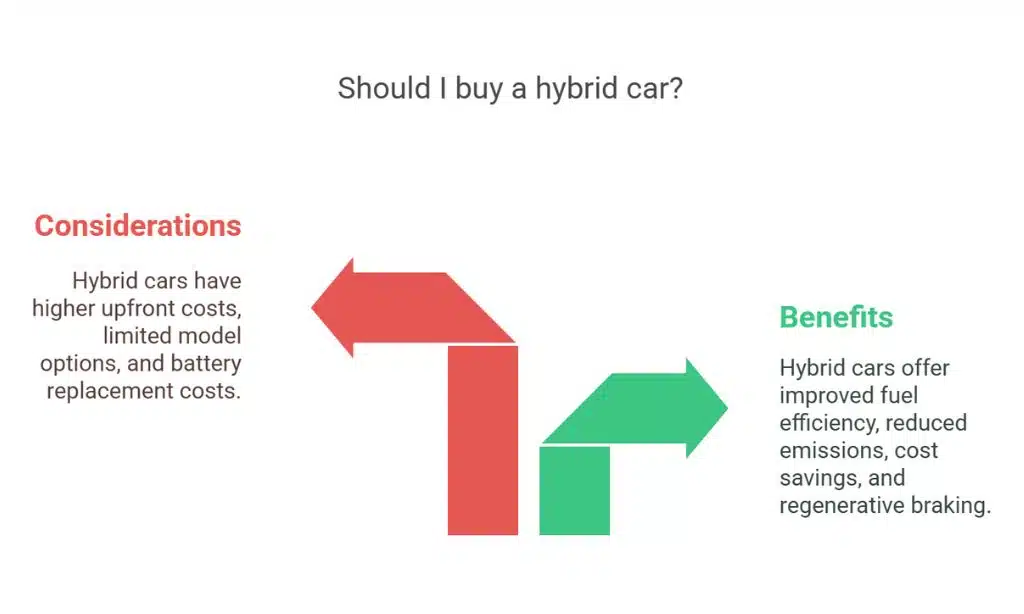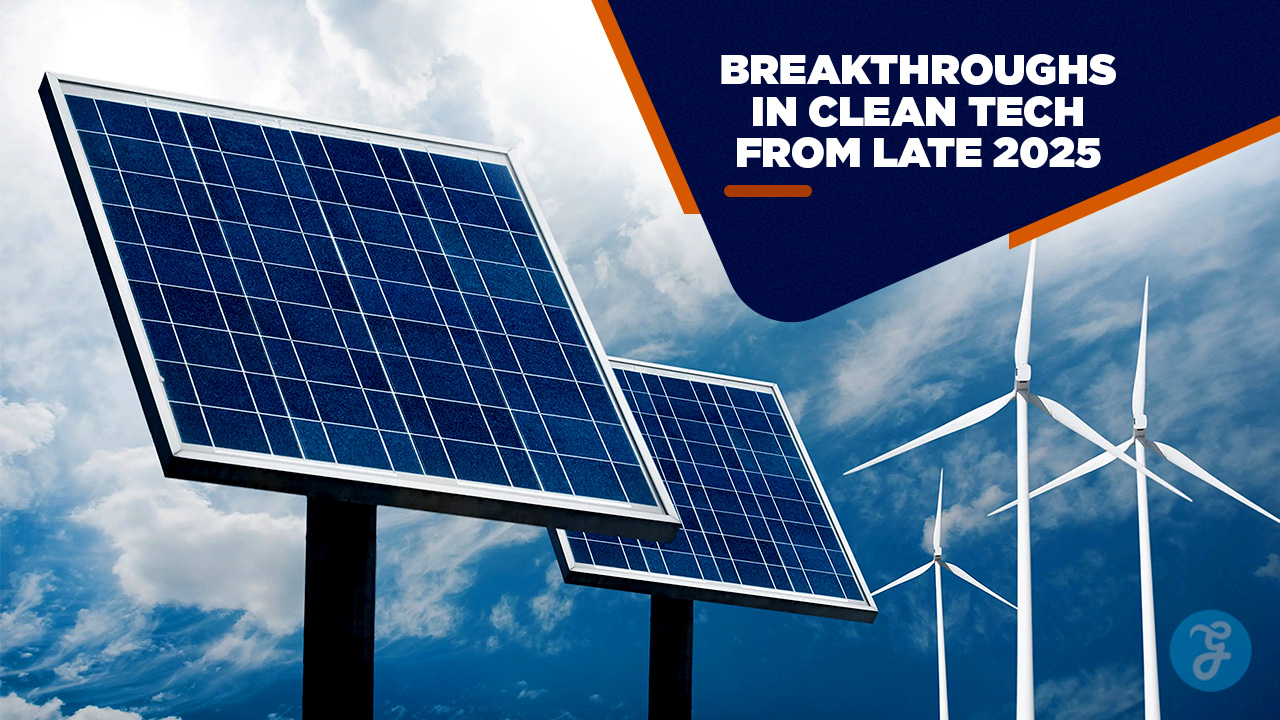Hybrid cars are gaining popularity in India as people become more environmentally conscious and fuel prices continue to rise. A hybrid car uses two or more distinct power sources to propel the vehicle – usually combining a conventional internal combustion engine with an electric motor. This allows hybrids to achieve better fuel economy compared to petrol or diesel vehicles.
As the demand for hybrids rises, here is an overview of some of their significant benefits and specific considerations.
Benefits of Hybrid Cars
Hybrid cars combine a traditional internal combustion engine with an electric motor, offering improved fuel efficiency, lower emissions, and a smoother driving experience. Here are some key benefits of hybrid cars:
1. Improved Fuel Efficiency
The most significant driving factor for hybrid popularity in India is the substantially improved mileage over petrol and diesel variants. Hybrids can deliver anywhere between 18-28 km/l, depending on driving conditions, almost 1.5 times more than conventional versions. This allows owners to save significantly on fuel costs, especially given rising prices.
2. Reduced Emissions
Hybrid vehicles emit much less greenhouse gases and air pollutants than petrol or diesel cars. A hybrid electric system allows the car to switch off the IC engine and run only on the electric motor at low speeds. This leads to cleaner emissions that help tackle India’s high vehicular pollution levels.
3. Cost Savings
While hybrid cars generally have a higher upfront cost than traditional vehicles, they can save money in the long run. Their improved fuel efficiency means drivers spend less money on fuel, and their reduced emissions may qualify them for tax incentives or rebates in some regions. Additionally, many hybrid cars have lower maintenance costs, as the electric motor reduces the wear and tear on the engine, leading to fewer repairs and longer vehicle life.
For those looking to maximise savings, ACKO Drive helps get the best deals, variant insights, and exclusive offers, making it easier for hybrid car buyers to make informed decisions and get the best value.
4. Regenerative Braking
Hybrid cars are equipped with regenerative braking systems, which help recharge the battery while driving. When the driver brakes, the energy usually lost in traditional braking systems is captured and stored in the battery. This technology enhances the overall energy efficiency of the vehicle and helps reduce the need for frequent battery charging.
Considerations for Owning a Hybrid Car
While hybrid cars offer many benefits, potential buyers should consider several factors before deciding.
1. Higher Upfront Cost
The advanced electric components make hybrid cars almost 15-30% more expensive upfront than petrol and diesel. So buyers must account for the higher purchasing cost, though it pays off over long-term usage.
2. Limited Model Options
Limited hybrid options are available in India compared to the U.S. or Japanese markets. Only a handful of models, like the Toyota Camry, Maruti Grand Vitara, Toyota Urban Cruiser Hyryder, etc, are on sale from mainstream brands.
3. Battery Replacement Costs
The high-voltage battery packs in hybrid cars may need replacement after 5-7 years, involving significant expense. Proper usage and maintenance can prolong battery life, but it remains a consideration for long-term ownership.
Takeaways
Hybrid cars offer tangible real-world benefits, such as dramatically improved fuel savings, lower emissions, and financial incentives for Indian buyers. However, certain limitations, like fewer model options and higher purchasing costs, also need to be factored in.
As more players enter the segment and mass-market hybrid options arrive from Maruti Suzuki, Hyundai, etc., hybrid cars seem poised for rapid mainstream adoption in India in the next decade. Their unique combination of affordability and environmental compatibility can make them the gateway vehicles to full electric mobility in the future.




































